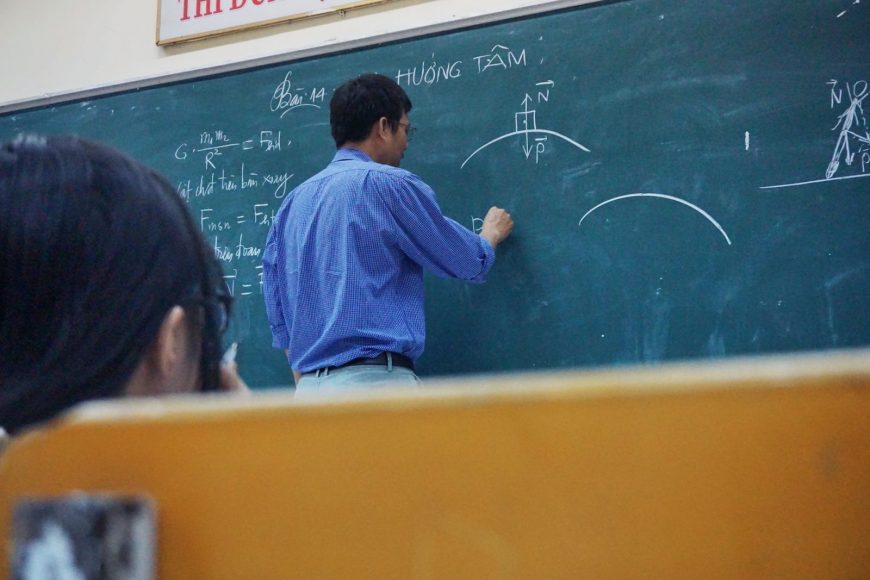Jean Piaget, the renowned father of the Theory of Cognitive Development, was born in Neuchatel, Switzerland, on August 9, 1896. Having received his Doctorate in Science in 1918 from the University of Neuchatel, he worked for a year at psychology labs in Zurich and at Bleuler’s famous psychiatric clinic at which time, he was introduced to the works of Freud, Jung and others. In 1919, he taught Psychology and Philosophy at the Sorbonne in Paris where he met Simon Binet and conducted research on intelligence testing. He did not care for the “right- or-wrong” style of the intelligent tests, for his major interest was in the area of how children reason. This keenness led him to commence interviewing his subjects at a boys’ school instead,using the psychiatric interviewing techniques he had learned the year before.
Lev Vygotsky, a seminal Soviet Belarusian Psychologist, is the founder of a theory of human cultural and biosocial development which is commonly referred to as Cultural-Historical Psychology. Vygotsky was also the leader of the Vygotsky Circle. The major theme of Vygotsky’s theoretical framework is that social interaction plays a fundamental role in the development of cognition.
Piaget’s theory reflects his deep conviction that the development of intelligence can be seen as naturalistic and biological, the result of a dynamic interaction between the child and the environment. Piaget did not conceptualise the child as emerging pre-equipped with innate ideas. Piaget saw the child as a constructivist that gained knowledge through the engagement with the world.
The Piagetian Theory stresses the individualism of the child that is seen as a little “scientist”encountering the material world and engaging in a solitary quest for knowledge. Piaget gave very little consideration to the processes of social transmission of knowledge from one generation to the next. He spoke of very general regulatory mechanisms and modes of processing the environmental inputs. According to Piaget, it is the interplay of these modes i.e. accommodation, assimilation and equilibration that yields the modes of thought representative of his four-stage Theory of Cognition.
Furthermore, Piaget believed that the educational needs of a child could be “satisfied” through the supply of rich and stimulating experiences. The Piagetians assigned the teacher the role to diagnose the child’s educational readiness and to ensure that he provided the environment where these needs would be met.
On the other hand, Vygotsky emphasised the role that the social transmission of knowledge offers. Vygotsky believed that the child has a zone of proximal development. This zone could only be attained with support from an adult whether it be the mother, the father, older siblings or a professional teacher. Vygotsky was interested in what a child could do with the help and the different ways that the adult (teacher) – child interaction structured the development of children’s thinking.
In conclusion, the Piagetian Theory underplays the role that the society plays in the learning process while the Vygotskian emphasises it.
Written by Gabriella Philippou, Psychotherapist-Counsellor, Focusing Experiential Therapist, Trainer, Coach




